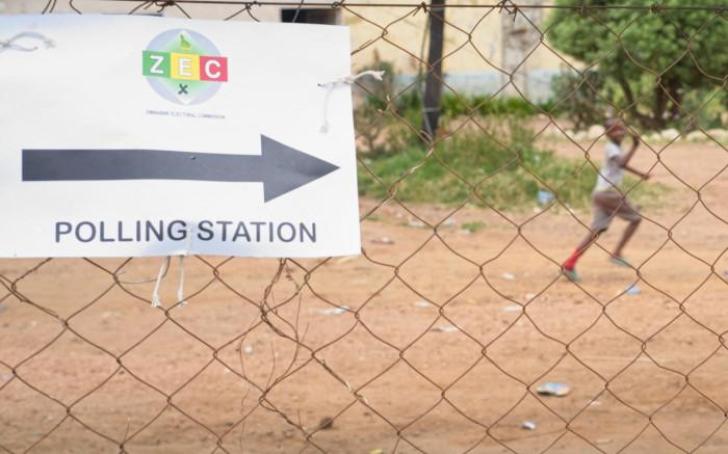News / National
59% of Zimbabweans have trust in elections - Survey
18 May 2024 at 11:16hrs |
1 Views

A recent survey conducted by Afrobarometer revealed that 59% of Zimbabweans have confidence in elections as a means of selecting political leaders.
This finding comes on the heels of President Emmerson Mnangagwa's victory in a contentious poll against his main rival, Nelson Chamisa, who led the Citizens Coalition for Change (CCC) at the time. Mnangagwa secured a 52.6% win with 2.3 million votes, while Chamisa trailed with 44% from 1.9 million ballots cast.
However, the election was marred by irregularities, including insufficient and delayed ballot papers, drawing criticism from election observer missions, including the Southern African Development Community (Sadc) team. The Sadc observer mission, led by former Zambian vice-president Nevers Mumba, highlighted that the elections did not adhere to Zimbabwe's Constitution, Electoral Act, and Sadc principles for democratic elections.
Afrobarometer's survey also revealed that 53% of Zimbabwean voters believed that elected legislators represented their interests in the House of Assembly. The survey aimed to assess African voters' perceptions of elections as an effective method for choosing political leaders.
Political analyst Reuben Mbofana commented on the survey results, expressing his belief that Zimbabweans no longer view elections as a reliable means of electing legitimate leadership. He pointed to widespread voter apathy in post-2023 recall by-elections as evidence of diminished faith in the electoral process. Mbofana emphasized the need for strict adherence to the constitution to restore Zimbabwe's electoral credibility, advocating for comprehensive electoral reforms to align with constitutional provisions.
Zimbabwe has a history of disputed elections, marked by allegations of state-sponsored violence, intimidation, and electoral fraud. Mbofana asserted that implementing constitutional provisions and electoral reforms would be critical steps toward rebuilding trust in the electoral process and ensuring credible elections in Zimbabwe.
This finding comes on the heels of President Emmerson Mnangagwa's victory in a contentious poll against his main rival, Nelson Chamisa, who led the Citizens Coalition for Change (CCC) at the time. Mnangagwa secured a 52.6% win with 2.3 million votes, while Chamisa trailed with 44% from 1.9 million ballots cast.
However, the election was marred by irregularities, including insufficient and delayed ballot papers, drawing criticism from election observer missions, including the Southern African Development Community (Sadc) team. The Sadc observer mission, led by former Zambian vice-president Nevers Mumba, highlighted that the elections did not adhere to Zimbabwe's Constitution, Electoral Act, and Sadc principles for democratic elections.
Political analyst Reuben Mbofana commented on the survey results, expressing his belief that Zimbabweans no longer view elections as a reliable means of electing legitimate leadership. He pointed to widespread voter apathy in post-2023 recall by-elections as evidence of diminished faith in the electoral process. Mbofana emphasized the need for strict adherence to the constitution to restore Zimbabwe's electoral credibility, advocating for comprehensive electoral reforms to align with constitutional provisions.
Zimbabwe has a history of disputed elections, marked by allegations of state-sponsored violence, intimidation, and electoral fraud. Mbofana asserted that implementing constitutional provisions and electoral reforms would be critical steps toward rebuilding trust in the electoral process and ensuring credible elections in Zimbabwe.
Source - zimbabwe independence
Join the discussion
Loading comments…





































